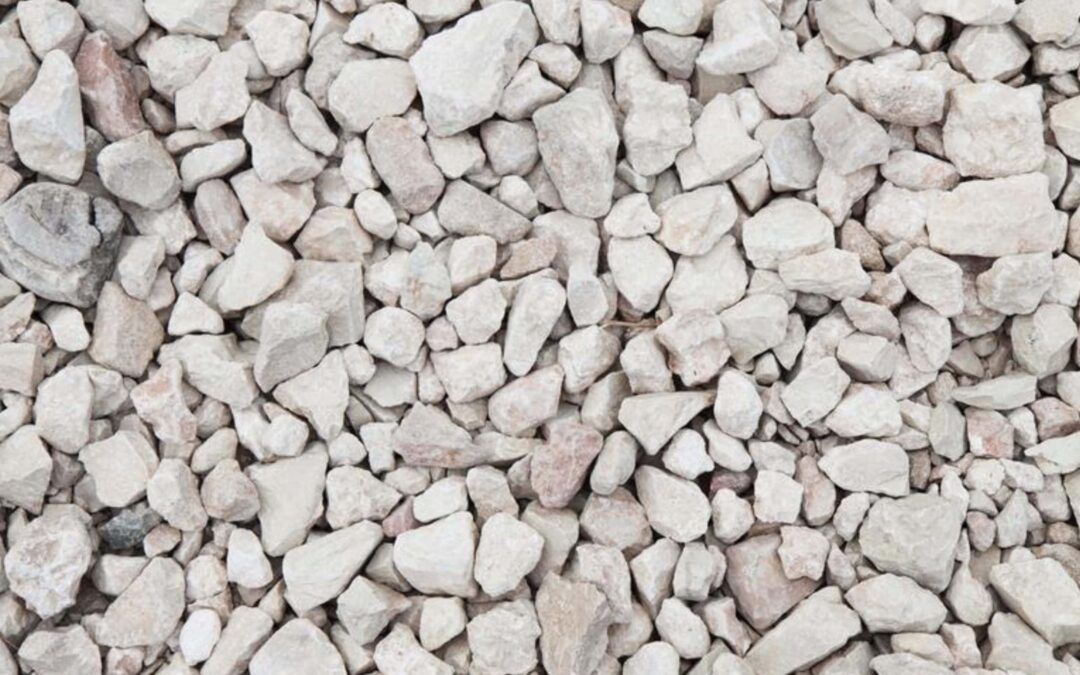Selecting the appropriate type of gravel for your driveway is a crucial decision that can impact both the aesthetics and functionality of your property. Gravel driveways are popular for their durability, cost-effectiveness, and versatility. In this comprehensive guide, we will explore various types of gravel and considerations to help you make an informed choice for your driveway.
Crushed Stone Gravel:
Crushed stone gravel is a popular choice for driveways due to its angular edges that interlock, creating a stable surface. It comes in various sizes, with the most common options being 3/8 inch, ¾ inch, and 1 ½ inch. This type of gravel provides excellent drainage and compacts well.
Pea Gravel:
Known for its small, rounded, and smooth stones, pea gravel is aesthetically pleasing and comfortable to walk on. While it may not be as stable as crushed stone, it is an excellent choice for areas with light traffic. It’s important to note that pea gravel may shift over time and may not be suitable for high-traffic driveways.
Gravel Size and Thickness:
The size and thickness of the gravel are critical considerations. Larger stones, such as 1 ½ inch or 2-inch gravel, provide a more stable surface but may be less comfortable to walk on. For driveways, a thickness of 2 to 4 inches is generally recommended to ensure durability and stability.
Crushed Shells or Coral Gravel:
Crushed shells or coral gravel can add a unique, coastal-inspired look to your driveway. While aesthetically pleasing, it’s essential to consider the potential for these materials to break down over time, requiring periodic replenishment.
Limestone Gravel:
Limestone gravel is durable, versatile, and provides excellent drainage. It comes in various sizes and colors, making it a popular choice for driveways. However, it’s essential to note that limestone may be prone to dust and may require periodic regrading.
Cost Considerations:
The cost of gravel can vary based on the type and quantity needed. While crushed stone and gravel are generally cost-effective options, it’s essential to consider the long-term maintenance and durability to make an informed decision based on your budget.
Climate and Drainage:
Consider the climate of your area and the drainage needs of your driveway. Proper drainage is crucial to prevent water pooling and erosion. Angular gravel types tend to provide better drainage compared to rounded ones.
Installation and Maintenance:
Proper installation is key to the longevity of your gravel driveway. Ensure the base is well-compacted and consider using a geotextile fabric to prevent weed growth. Regular maintenance, including regrading and replenishing gravel as needed, will contribute to the driveway’s durability.
Local Regulations and Aesthetics:
Check local regulations and homeowners’ association guidelines to ensure compliance with any specific requirements for driveways. Additionally, consider the overall aesthetic appeal of the gravel concerning your property’s design.
Conclusion:
Choosing the right gravel for your driveway involves considering factors such as size, type, climate, and cost. By understanding the characteristics of different gravel options and assessing your specific needs, you can create a durable, functional, and visually appealing driveway that enhances the overall curb appeal of your property.

